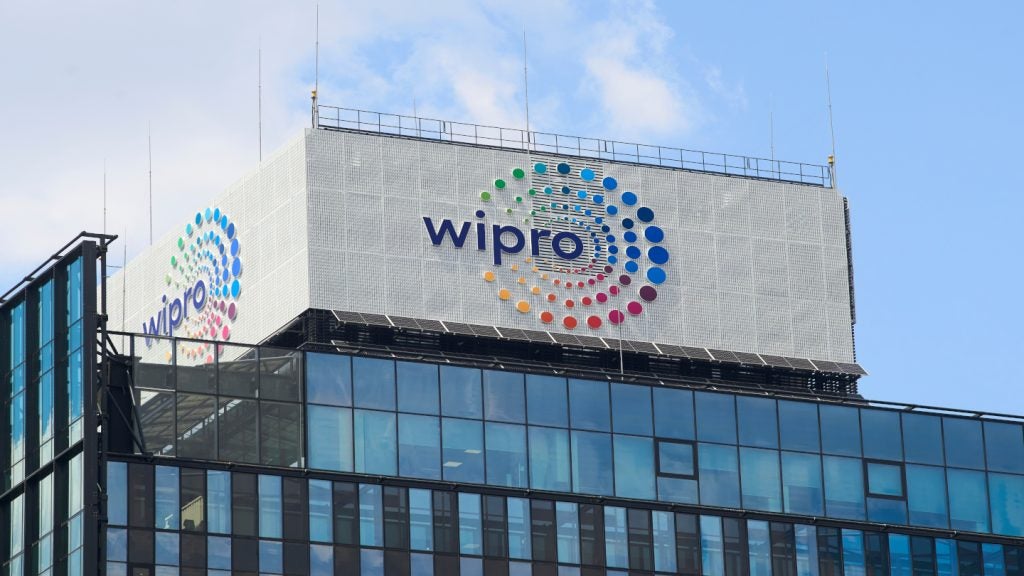
In the next 33 years, the UK needs to cut carbon emissions by at least 80 percent and a third of these emissions come from heating draughty buildings.
This means UK households that fail to meet insulation standards will need to be refurbished by 2050.
About 25m homes are affected, according to a report submitted to parliament by the UK Green Building Council (UKGBC), a membership organisation concerned about the environmental impact of buildings and infrastructure.
“UKGBC is uniquely placed to help the government tackle some of its key challenges in close partnership and collaboration with the built environment industry,” said Julie Hirigoyen, the company’s chief executive in a statement.
“Through publishing this report, we are launching a new conversation with policy-makers in pursuit of a shared vision in which the places we live and work can support multiple economic, social and environmental priorities; ultimately: building places that work for everyone.”
The UK has some of the cheapest energy prices in Europe — but the highest bills because homes are so poorly insulated.
How well do you really know your competitors?
Access the most comprehensive Company Profiles on the market, powered by GlobalData. Save hours of research. Gain competitive edge.

Thank you!
Your download email will arrive shortly
Not ready to buy yet? Download a free sample
We are confident about the unique quality of our Company Profiles. However, we want you to make the most beneficial decision for your business, so we offer a free sample that you can download by submitting the below form
By GlobalData“As climate change accelerates, and Britain faces even more extreme weather events, the Policy Research in Macroeconomics (Prime) is calling for an urgent programme of investment in a low-carbon energy system that will include making ‘every building a power station,” Ann Pettifor, director of Prime told Verdict.
“By creating and training a carbon army of skilled workers for a vast environmental reconstruction programme, government will simultaneously increase investment and productivity in Britain. We need political leadership for a call to action as urgent and far-reaching the mobilisation for war in 1939,” she added.
In November 2015, the government promised £640m ($795m) a year as part of a new scheme for energy efficiency in homes from 2017.
Alasdair Cameron, a renewable energy campaigner at Friends of the Earth, a charity working for environmental justice told Verdict that the UK government should be doing more to help.
“This is the result of having been sluggish about doing something that should have been simple and cost-effective: get a national programme of retro-fitting in place. Bills would come down, people’s health would improve, and jobs would be created,” he said.
“The UK needs a radical overhaul of homes, old and new – one of the main reasons people’s bills are high is because of how poorly insulated UK houses are. Clearly we just need to get on with this relatively simple measure.”
Some companies are already working to speed up the process of providing homes with adequate insulation.
“We have to find new ways of doing things. Normal refurbishment often means literally tearing a home apart,” Mathew Holloway, head of q-bot, a London-based company which uses robotic tolls to insulate people’s floors told BBC News.
“That means local authorities having to re-house tenants whilst it’s being done. With our robot, we can seal and insulate wooden floors without hardly touching the inside of the house.”







